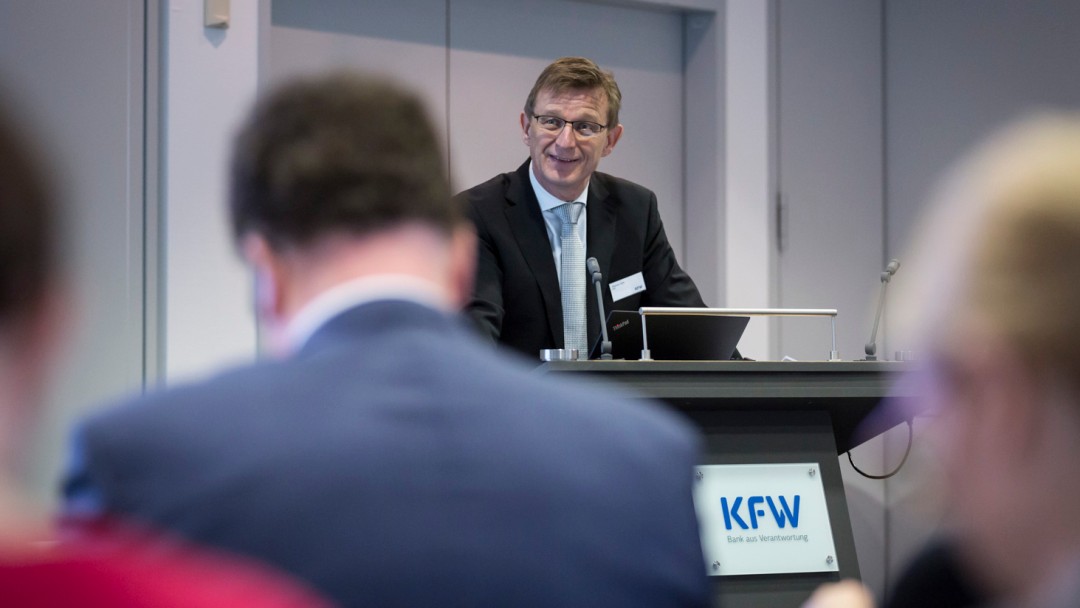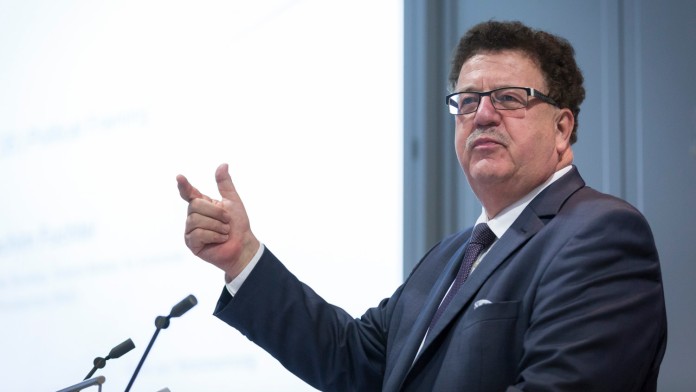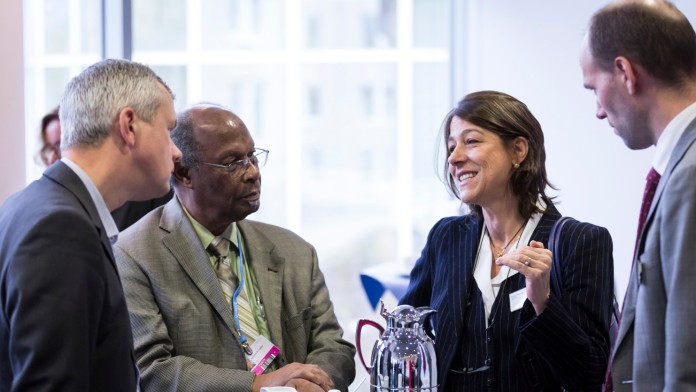News from 2017-11-10 / KfW Development Bank
"Increase investments in coastal protection"
KfW event at COP23 addresses sea level rise

Sea level rise happens slowly, while its extent and regional distribution are hard to estimate. However, the economic and social consequences will be immense. This is the conclusion of an all-day symposium with around 70 experts, which KfW Development Bank hosted in the context of the Bonn climate conference.
In order to keep the losses of and damages to the affected people’s lives and belongings low, massive investments in coastal protection are urgently required. Without further efforts, the costs will multiply in the aftermath. According to World Bank lead economist Stéphane Hallegatte, the annual costs due to land losses and floods will amount to one trillion US-dollars in the midst of the century.
"Sea level rise is speeding up", said Anders Levermann from the Potsdam Institute for Climate Impact Research. Since the beginning of industrialisation it has been up to 20 centimeters on a global average. Depending on the success of CO2 mitigation and measures undertaken to limit the global temperature rise, the global sea level will rise between 80 and 180 centimeters within this century. Even if global warming could be successfully limited, the rise of the sea level will continue for some centuries.
Timely prevention
Such forecasts are afflicted with some uncertainty. Nonetheless, it is expected that many coastal regions will be flooded completely or partly within the next decades. In contrast to other extreme weather events, however, humans will not be directly threatened by this, according to Levermann. In theory, they could protect themselves by dikes and embankments or, if this is not enough, by moving to other areas. Yet adapting to sea level rise costs money, which many people in poor regions do not have. Furthermore, migration movements could come along with social disparities.

Therefore, as another conclusion of the conference, it is important that the international community increases its investments in coastal protection with a special focus on development countries and poor people. "More than two thirds of our partner countries are coastal or island states", explained Hans-Joachim Fuchtel, Parliamentary State Secretary in the German Ministry for Economic Cooperation and Development (BMZ). In his view, protecting their future also physically is a major task of German development cooperation.
Promoting grey and green infrastructure
In addition to "hard measures", approaches like "ecosystem-based adaptation" are required. "Not only grey but also green infrastructure is needed", explained State Secretary Fuchtel. This could include the protection and regeneration of seaweed meadows ore mangrove woods, for example. It could also mean to protect coral reefs as natural hurricane barriers. Commonly, a combination of different measures offers the best protection.

KfW Development Bank is already active on this field, for example by promoting “green infrastructure” in the Caribbean. "Still we have a large backlog in adaptation to climate change", stated Stephan Opitz, Member of the Management Committee of KfW Development Bank. "We have a lot of work to do", added Daniela Jacob, Director of the Climate Service Center Germany, which co-organised the event. "Indeed, this is also a question of justice!" The costs for damages and investments have to be distributed across many shoulders in order to prevent the world’s poor literally from drowning.

Share page
To share the content of this page with your network, click on one of the icons below.
Note on data protection: When you share content, your personal data is transferred to the selected network.
Data protection
Alternatively, you can also copy the short link: https://www.kfw-entwicklungsbank.de/s/enzBWrMC.BrvA
Copy link Link copied